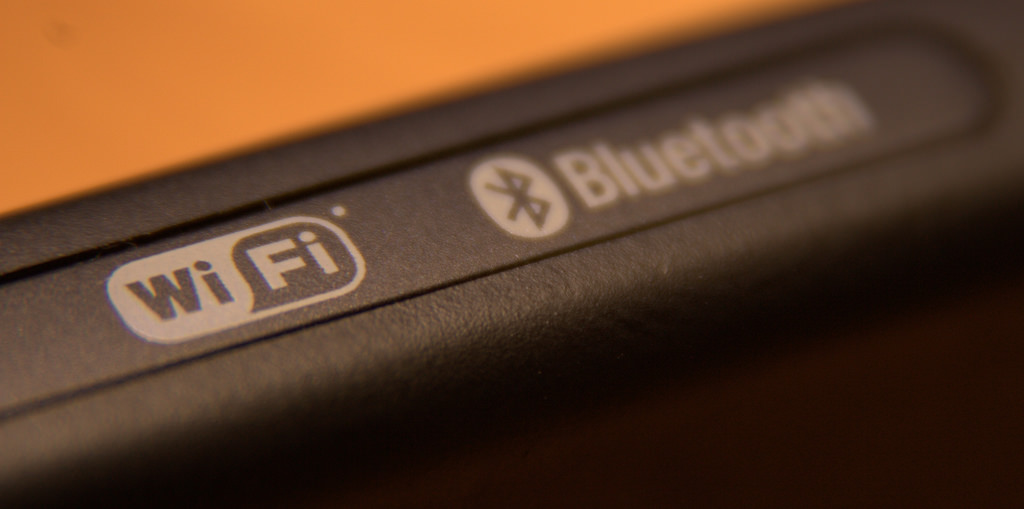Bluetooth is one of the most popular wireless connection services in the world, replacing infrared way back in the late 2000s. Unfortunately, its popularity might be its downfall since now, over five billion devices are in danger of getting hacked. A new vulnerability in the wireless connection feature can allow malicious individuals to use certain exploits that can access smartphones without having to touch it.
The vulnerability was discovered by the cyber security firm Armis, which dubbed the eight exploits it found BlueBorne, TechCrunch reports. Using these exploits, hackers can get into any device using Bluetooth, including phones, tablets, speakers, and pretty much any device connected to the Internet of Things. Seguru CEO Ralph Echemendia was emphatic in his warnings with regards to this vulnerability.
“Armis believes many more vulnerabilities await discovery in the various platforms using Bluetooth. These vulnerabilities are fully operational, and can be successfully exploited, as demonstrated in our research. The BlueBorne attack vector can be used to conduct a large range of offenses, including remote code execution as well as Man-in-The-Middle attacks,” Echemendia said. “BlueBorne affects pretty much every device we use. Turns that Bluetooth into a rotten black one. Don’t be surprised if you have to go see your security dentist on this one.”
Just for clarification, the ability of Bluetooth to connect from device to device means that hackers have considerable leverage in targeting electronics, CNET notes. This means that a victim could allow hackers to victimize even more people without ever realizing this fact.
In more frightening news, the vulnerability can even allow hackers to infect devices with malware, which is considerably more dangerous than how traditional hacking works. Usually, victims would need to click on a link sent via social media, messaging apps, or email in order to be infected. With BlueBorne, hackers can bypass this cumbersome process altogether and infect devices directly.



 Instagram Outage Disrupts Thousands of U.S. Users
Instagram Outage Disrupts Thousands of U.S. Users  Global PC Makers Eye Chinese Memory Chip Suppliers Amid Ongoing Supply Crunch
Global PC Makers Eye Chinese Memory Chip Suppliers Amid Ongoing Supply Crunch  Amazon Stock Rebounds After Earnings as $200B Capex Plan Sparks AI Spending Debate
Amazon Stock Rebounds After Earnings as $200B Capex Plan Sparks AI Spending Debate  Nvidia CEO Jensen Huang Says AI Investment Boom Is Just Beginning as NVDA Shares Surge
Nvidia CEO Jensen Huang Says AI Investment Boom Is Just Beginning as NVDA Shares Surge  Alphabet’s Massive AI Spending Surge Signals Confidence in Google’s Growth Engine
Alphabet’s Massive AI Spending Surge Signals Confidence in Google’s Growth Engine  SpaceX Updates Starlink Privacy Policy to Allow AI Training as xAI Merger Talks and IPO Loom
SpaceX Updates Starlink Privacy Policy to Allow AI Training as xAI Merger Talks and IPO Loom  Sam Altman Reaffirms OpenAI’s Long-Term Commitment to NVIDIA Amid Chip Report
Sam Altman Reaffirms OpenAI’s Long-Term Commitment to NVIDIA Amid Chip Report  Nintendo Shares Slide After Earnings Miss Raises Switch 2 Margin Concerns
Nintendo Shares Slide After Earnings Miss Raises Switch 2 Margin Concerns  SoftBank and Intel Partner to Develop Next-Generation Memory Chips for AI Data Centers
SoftBank and Intel Partner to Develop Next-Generation Memory Chips for AI Data Centers  AMD Shares Slide Despite Earnings Beat as Cautious Revenue Outlook Weighs on Stock
AMD Shares Slide Despite Earnings Beat as Cautious Revenue Outlook Weighs on Stock  Nvidia Nears $20 Billion OpenAI Investment as AI Funding Race Intensifies
Nvidia Nears $20 Billion OpenAI Investment as AI Funding Race Intensifies  SpaceX Prioritizes Moon Mission Before Mars as Starship Development Accelerates
SpaceX Prioritizes Moon Mission Before Mars as Starship Development Accelerates  Tencent Shares Slide After WeChat Restricts YuanBao AI Promotional Links
Tencent Shares Slide After WeChat Restricts YuanBao AI Promotional Links  SoftBank Shares Slide After Arm Earnings Miss Fuels Tech Stock Sell-Off
SoftBank Shares Slide After Arm Earnings Miss Fuels Tech Stock Sell-Off  Elon Musk’s Empire: SpaceX, Tesla, and xAI Merger Talks Spark Investor Debate
Elon Musk’s Empire: SpaceX, Tesla, and xAI Merger Talks Spark Investor Debate  Jensen Huang Urges Taiwan Suppliers to Boost AI Chip Production Amid Surging Demand
Jensen Huang Urges Taiwan Suppliers to Boost AI Chip Production Amid Surging Demand 































